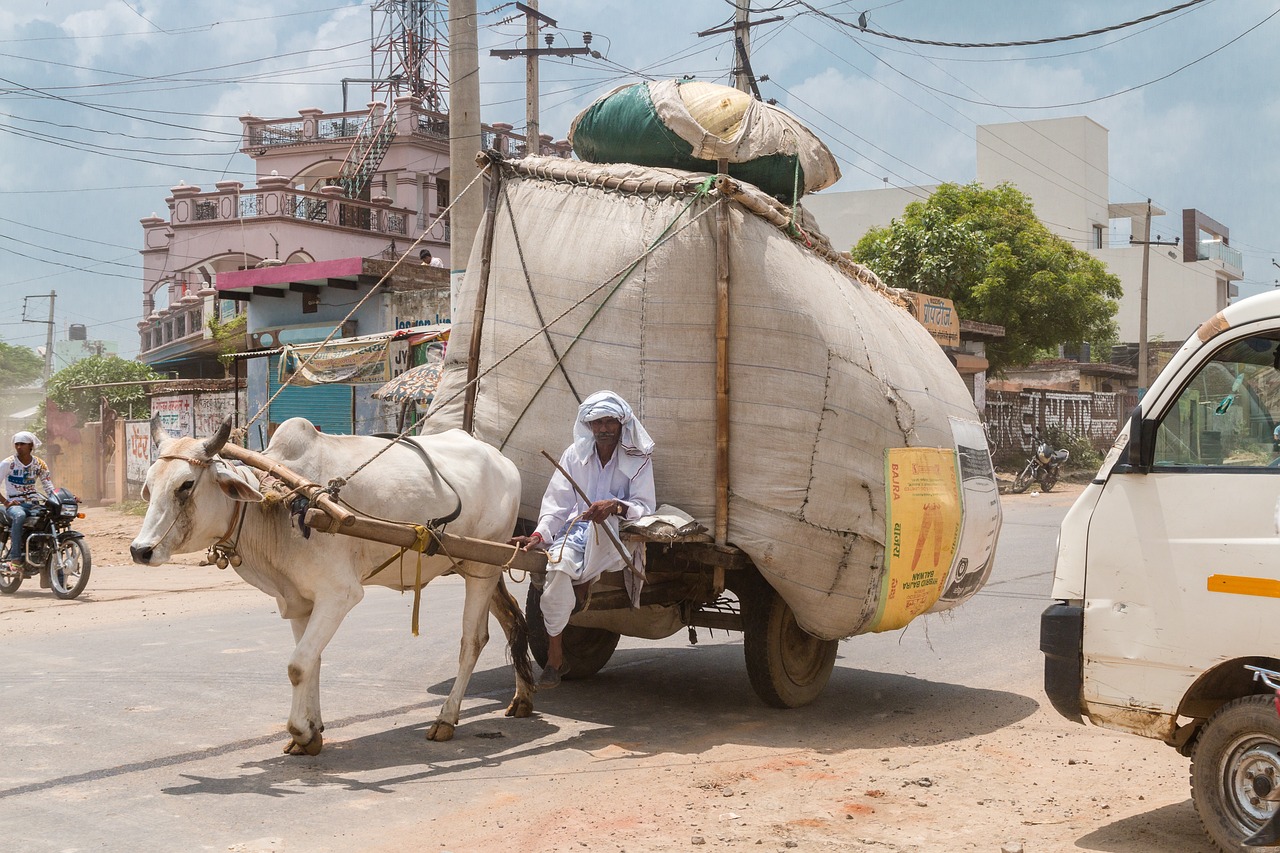India Video
Visa and Stay Regulations for Digital Nomads in India
India is a country known for its rich culture, diverse landscapes, and bustling cities. It has also become a popular destination for digital nomads – individuals who work remotely while traveling. If you’re planning to be a digital nomad in India, it’s important to understand the visa and stay regulations to ensure a smooth and legal stay. This article will provide detailed information on the various visa options available for digital nomads, as well as the rules and regulations for staying in India.
Tourist Visa
A tourist visa is the most common type of visa for digital nomads visiting India. It allows you to stay in the country for a maximum of 180 days. To obtain a tourist visa, you can apply online through the Indian government’s e-Visa website or visit the nearest Indian embassy or consulate. The e-Visa application requires you to provide personal information, travel details, and upload a recent photograph and passport copy. Once approved, you will receive an electronic visa via email, which you need to print and carry with you during your trip. It’s important to note that the tourist visa does not permit you to work in India.
- Validity: Up to 180 days
- Multiple Entries: Allowed
- Extension: Not allowed
- Work Permission: Not allowed
Business Visa
If you plan to engage in business activities while in India, such as attending meetings or conferences, you may need a business visa. The business visa allows you to stay in the country for a longer duration compared to a tourist visa. To obtain a business visa, you need to provide a letter of invitation from an Indian company or organization. The letter should state the purpose of your visit, duration of stay, and details of the inviting entity. You can apply for a business visa online or through the Indian embassy or consulate in your home country.
- Validity: Varies (up to 5 years)
- Multiple Entries: Allowed
- Extension: Possible
- Work Permission: Limited to specified activities
Employment Visa
If you have secured a job with an Indian company or organization, you will need an employment visa to work legally in India. The employment visa is typically valid for the duration of your employment contract. To obtain an employment visa, you need to provide a job offer letter from the Indian employer, along with other supporting documents such as educational certificates and proof of work experience. The employer in India must also obtain clearance from the Ministry of Home Affairs before the visa can be issued.
- Validity: Varies (based on employment contract)
- Multiple Entries: Allowed
- Extension: Possible
- Work Permission: Allowed for specific employment
Research Visa
If you are a researcher planning to conduct research in India, you may be eligible for a research visa. This visa is granted to individuals who intend to undertake research projects, participate in conferences, or collaborate with Indian research institutions. To obtain a research visa, you need to provide a letter of invitation from the Indian research institution or organization, along with details of your research project and supporting documents. The research visa is typically valid for the duration of the research project.
- Validity: Varies (based on research project)
- Multiple Entries: Allowed
- Extension: Possible
- Work Permission: Allowed for research-related activities
Student Visa
If you plan to pursue higher education in India, you will need a student visa. The student visa is granted to individuals enrolled in educational institutions in India. To obtain a student visa, you need to provide an admission letter from the Indian educational institution, proof of financial capability, and other supporting documents. The student visa is typically valid for the duration of the course or program.
- Validity: Varies (based on course duration)
- Multiple Entries: Allowed
- Extension: Possible
- Work Permission: Limited to part-time work on campus
Research the Specifics
It’s important to note that visa requirements and regulations may vary depending on your country of citizenship. It is advisable to research the specific visa requirements for your nationality and consult the nearest Indian embassy or consulate for the most up-to-date information.
India Image 1:

Long-term Stay Options
If you plan to stay in India for an extended period, there are a few long-term stay options available:
- Residential Permit: If you have a valid employment visa or business visa, you can apply for a residential permit, also known as a “Residence Permit for Foreigners.” This permit allows you to stay in India for a longer duration and can be obtained through the Foreigners Regional Registration Office (FRRO) or the Foreigners Registration Office (FRO) in the city where you reside.
- Overseas Citizen of India (OCI): The OCI card is available to individuals of Indian origin or those who are married to Indian citizens. It provides lifelong visa-free entry into India and certain rights and privileges, including the ability to work and own property. To obtain an OCI card, you need to apply through the Indian embassy or consulate in your home country.
- Person of Indian Origin (PIO) Card: The PIO card was replaced by the OCI card in 2015. However, if you already have a PIO card, it remains valid until further notice. The PIO card provides similar benefits to the OCI card, including visa-free entry and certain rights and privileges. It can be obtained through the Indian embassy or consulate in your home country.
India Image 2:

Registration and Reporting Requirements
Once you arrive in India, it’s important to comply with the registration and reporting requirements. The Foreigners Regional Registration Office (FRRO) or the Foreigners Registration Office (FRO) in the city where you reside will be responsible for your registration and reporting.
- Registration: If you are staying in India for more than 180 days, you need to register with the FRRO or FRO within 14 days of your arrival. This applies to individuals on employment visas, business visas, research visas, and other long-term visas.
- Reporting: If you are staying in India for less than 180 days, you are required to report to the nearest FRRO or FRO within 24 hours of your arrival. This applies to individuals on tourist visas and short-term visas.
Working Remotely in India
While digital nomads are not permitted to work on a tourist visa, it is possible to work remotely in India if you have a valid employment visa, business visa, or research visa. These visas allow you to engage in work-related activities, including remote work. However, it’s important to ensure that your visa category aligns with your intended work activities to avoid any legal complications.
India Image 3:

Conclusion
India offers various visa options for digital nomads depending on their purpose of visit and duration of stay. It’s crucial to choose the right visa category and comply with the registration and reporting requirements to have a hassle-free stay in the country. By understanding the visa and stay regulations, digital nomads can make the most of their time in India while working remotely and exploring the vibrant culture and beauty of the country.
References
- gypsywarrior.com
- Indian government’s e-Visa website


